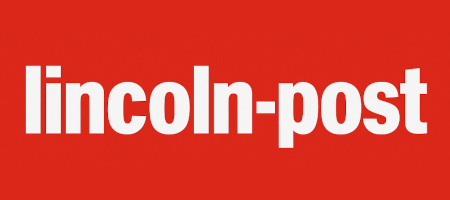Title: The Powers and Limitations of the Newly Appointed Greater Lincolnshire Mayor
The forthcoming election will appoint Greater Lincolnshire’s inaugural mayor, marking a considerable change in local governance. This significant adjustment promises improved leadership and increased regional autonomy, with the prospect of representing Lincolnshire’s needs on a national stage. The election, happening on Thursday, May 1, will host six candidates competing for a four-year term. However, the exact range of power that the new mayor can wield remains unclear to many locals.
The newly appointed mayor’s responsibilities will include managing a considerable budget of £24 million per year for the following 30 years. This budget is intended to promote development in housing, commercial spaces, and other critical projects that face a shortage of private funding. The new authority will have the power to buy and sell land to encourage growth, echoing the previous East Midlands mayor Claire Ward’s £9 million investment, resulting in the creation of 1,600 new homes on brownfield sites.
As a centralised figure, the mayor will facilitate interaction between major businesses considering investing in the region by functioning as a single point of contact. This role eliminates the need for businesses to deal with the complexity of liaising with 11 MPs or 10 councils. The mayor also has the potential to introduce an additional council tax precept and business rate supplement to fund economic initiatives, although this may face political opposition.
Transport enhancement is also on the agenda, with the mayor being responsible for devising a Local Transport Plan. However, the primary maintenance duties will continue to be held by top-tier councils and Highways England.
The powers of the forthcoming mayor, however, have its boundaries. The planning authority will remain with local councils, while the role of Police and Crime Commissioner remains separate; existing office-holders will not be affected. Changes to government policies are beyond the mayor’s jurisdiction, and certain campaign promises, such as resurrecting the Lincoln Christmas market, which are more aspirational than action-oriented.
As the region gears up to select its first-ever mayor, the equilibrium between expectations and reality remains a central matter of discussion.
This story comes to us via original reporting from Lincolnshire Live.







